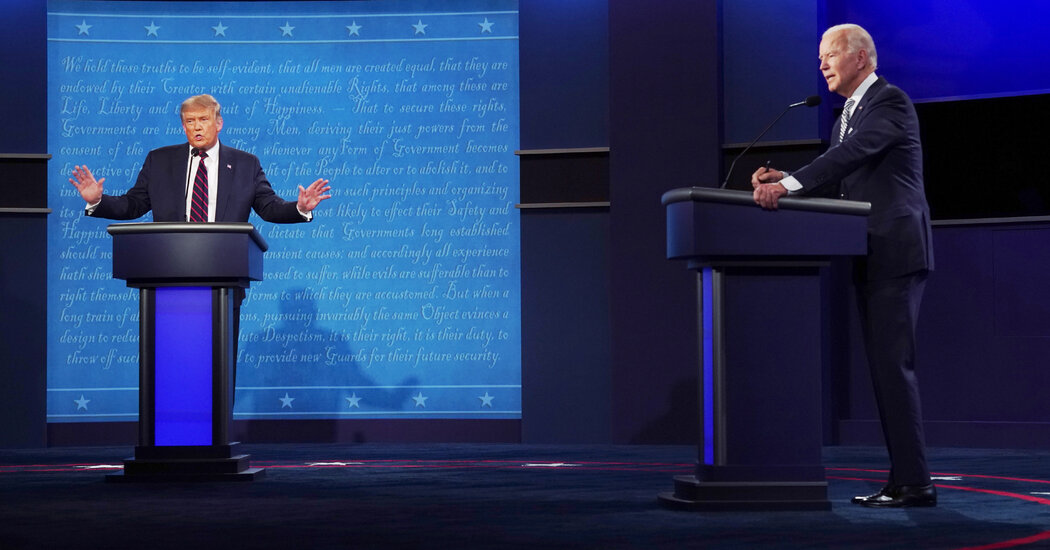In the realm of American politics, few moments are as emblematic of a candidate’s resolve—or lack thereof—than the debate stage. Senator John McCain’s maneuverings in relation to presidential debates have sparked intrigue and debate among political analysts and fervent observers alike. At times it seemed as if McCain were executing an elaborate dance, deftly sidestepping confrontation and leveraging an array of tactical maneuvers to evade direct engagement. This behavior elicits a myriad of questions about the true motivations underpinning such avoidance.
One cannot help but consider the broader implications of a candidate eschewing high-stakes debates. Debates serve not merely as platforms for discussing policy but also as crucibles in which a candidate’s character is tested. McCain, a stalwart of the Republican Party with a storied military background, possessed a profound understanding of this dynamic. His reluctance to embrace the debate format could be interpreted as an awareness of his own vulnerabilities. Despite a storied past, including a harrowing experience as a prisoner of war, his position on various issues had become increasingly precarious as public sentiment shifted.
The psychological underpinnings of McCain’s actions may suggest a more profound desire to maintain agency over his public persona. While some might frame his retreat as a manifestation of cowardice, it is equally plausible that McCain was acutely aware of the potential pitfalls that awaited him onstage. With the specter of a merciless media and a politically astute opponent looming, his choice to withdraw could be seen as a calculated move to preserve an image of resilience rather than risk a susceptible ego in the spotlight of public scrutiny.
Moreover, McCain’s strategic avoidance also shed light on the electorate’s evolving expectations. The traditional view of a candidate’s obligation to participate in debates has been challenged in recent years. McCain’s actions reflect a shifting paradigm where the very essence of debate participation is being re-examined. For voters accustomed to expecting transparency and accountability, such maneuvering begs the question: What are the wider implications for democratic engagement? Could McCain’s apparent evasion further alienate an electorate yearning for authenticity?
Ultimately, this nuanced consideration of McCain’s relationship to debate serves as a reminder of the complexities inherent in political campaigns. His actions reveal a layered approach to governance and engagement, one that is steeped in a calculated assessment of personal vulnerabilities, public expectations, and the broader political landscape. While some may view his avoidance as a failure to confront the issues head-on, others might interpret it as a masterstroke of political strategy—one that underscores the multifaceted relationship between a candidate and the electorate during pivotal moments.
